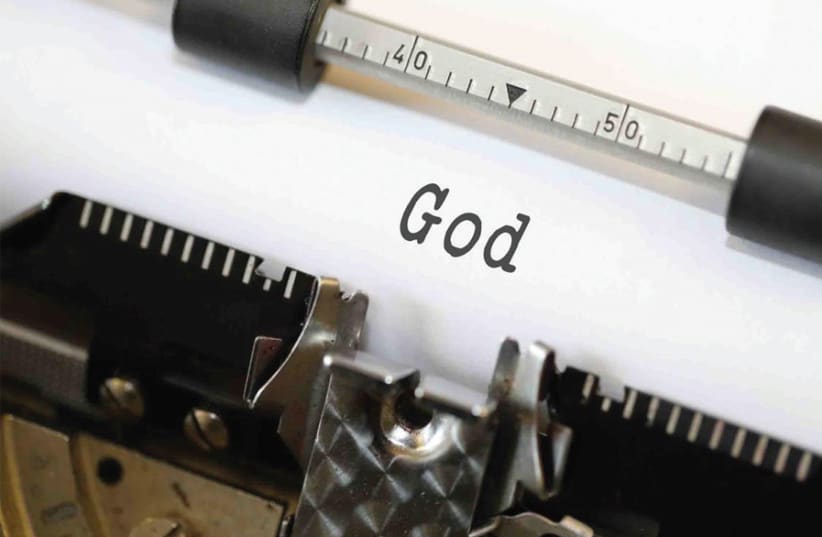Those who would try to find uniformity in the Bible will be disappointed by the seeming contradictions in it. As the people evolves, its relationship with God evolves, and Israel’s understanding of the world develops as well. These are not contradictions as much as an evolution in the thought process and worldview of the Jewish people.
Since the Bible is the product of the continued development of Hebrew thought and Israel’s relationship with God, we would be wise to pay special attention to the very last book added to the Bible, as it would seem to serve as the final word.
The last book that was added to the Hebrew Bible and canonized was the Book of Esther. The Book of Esther, read every year on Purim, is famous not just for what it contains, but for what it does not contain: the name of God. Unlike the other books in the Bible, in which God either has a starring role where he is made overtly manifest in the story, or is at least mentioned as a side note or a character, the Book of Esther is completely silent on God. His name is not mentioned at all!
It would seem surprising that the very last message given by the Bible to the Jewish people would be devoid of the mention of God. It would do us well to examine that final message.
WHAT IS the story of Esther in a nutshell? It is the story of the Jewish people in exile, living as a minority in a powerful autocratic kingdom. A man named Mordecai and a woman named Esther have to learn how to navigate royal politics and court intrigue to “save the Jews.” (This will become a familiar theme in real-life Jewish history.)
The very absence of God and even His name is the very lesson of Esther. It’s a final message to the Jewish people about how they should live their lives without God being openly present in their lives. Jewish men and women will have to learn politics and learn to read the lay of the land in order to survive their exile. They will have to learn to live in a world in which God’s voice is no longer heard from on high, but they will have to seek it in their own hearts. This will be a new era in Jewish history, and the Book of Esther provides the road map of how to navigate it.
There are two verses in Esther that really stick out and prove this point, and they have much to teach us.
The first is found in 4:14. At this point in the story, it seems that all is lost for the Jews, and their destruction seems imminent. There is one card left to play. Esther is the beloved queen, and she can enter into the throne room to beg for her people and their lives. But entering the throne room uninvited means certain death, unless the king extends his scepter. Thirty days had already passed since she was last invited, and perhaps, thinks Esther, it is wise to wait to be called.
At this point Mordecai makes an astonishing point to her: “For if you remain silent at this time, relief and deliverance for the Jews will arise from another place, but you and your father’s family will perish. And who knows if not for this very time you achieved royalty?”
I think this verse sums up the best advice Jews needed moving forward. The bottom line is that no matter what, the survival of the Jews is assured. The question, though, is whether you wish to take an active role in bringing about its salvation. This verse would serve as an invitation for Jews throughout the millennia to sacrifice themselves for the future of the Jewish people.
The story of the Jewish people is going to play out no matter what, on the stage of world history. The question is what role, if any, you will play in it.
The second verse that sticks out in its profundity is to be found at the very end of the book. It’s the very last verse of the very last book entered into the canon. In it Mordecai is proclaimed to be held in esteem by most of his brethren. In other words, after the entire saga is complete and the Jews emerge victorious over Haman and his enemies, and the crowds are literally celebrating in the streets, still, not everyone approves of Mordecai. He still has his detractors! Isn’t that amazing? And doesn’t that ring so true even to our modern ears?
There are some who claim that he is too close to the king. Others criticize his use of Esther to manipulate politics. Still, whatever the complaint, the fact that Mordecai does not win unanimous acclaim among his brethren is another lesson that strikes deep into the psychology of the Jewish people and serves as an important lesson to those souls brave enough to hold a position in Jewish leadership. No matter what you do, you’ll have someone complaining.
The writer holds a doctorate in Jewish philosophy and teaches in post-high-school yeshivot and midrashot in Jerusalem.
